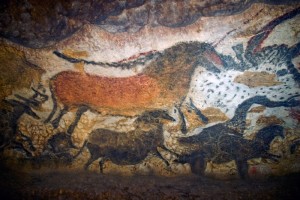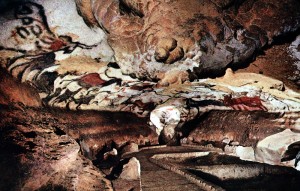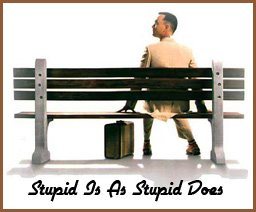In my research for the blog, I came across an article titled “Knowledge is Our Comparative Advantage.” It really threw me a loop. The author of the article not only designates knowledge as an asset, an economic term referring to something either tangible or intangible that provides future benefit, but also emphasizes the shift from explicit knowledge to collective knowledge through the development of social media. In his short article, he completely changed the way in which I view knowledge in the context of the real world.
In the article, the author explains how knowledge is our comparative advantage as a species because unlike other animals, humans can accumulate knowledge and share it with each other. In the 1990’s, businessmen began to categorize knowledge as an asset, as it is a medium that can generate profit in both tangible and intangible forms. Suddenly, focus was set on capturing, saving, and sharing explicit knowledge. Many organizations worked to save information in large database repositories that stored masses amount of knowledge in the form of data. Next, researchers began to realize that the immense amount of knowledge embedded in people could best be shared through the opening of these databases to the public in the form of information sharing websites. Hence, the birth of Myspace, Twitter, and Facebook- social knowledge soundboards. These social networks allow for incredible amounts of information, or knowledge, to circulate globally and increase the amount of data open to the public. Only through the designation of knowledge as a communal asset was the era of social media made possible.
This is where I was completely shocked. I had never really thought about what Facebook really was. Of course I knew it was a site where people shared information about themselves with others, or their supposed “friends,” but I never really considered it as the repository of knowledge that it really is. Facebook and other social media sites are representative of the shift from explicit knowledge, information in databases, to explicit knowledge, or collective, dynamic knowledge. Social media is a way in which knowledge is accumulated and then shared with others, increasing the amount of information open to people. Facebook serves as much more than a website where people stay informed about their friends lives and keep updated on current trends; it symbolizes the shift from personal knowledge to communal knowledge.
Furthermore, even though I am pre-business and have taken Business Economics, I never considered knowledge as an intangible asset. It just never crossed my mind to place knowledge in an economic setting, and to think of it in terms of its implications in terms of financial statements. When I think of the author’s categorization of knowledge as an asset it makes complete and total sense, but by myself I don’t think I ever would have made that connection, or at least not until I had more experience in the business world and with financial statements more specifically.
In conclusion, I thought this article was fascinating for its explanation of knowledge’s role in a modern setting, such as in social media and business. Although the article was a bit long-winded and got a little to into the author’s connections in the business world, I found “Knowledge is Our Comparative Advantage” to be a great read in terms of the emphasis it places on the practical application of knowledge in the business world.




